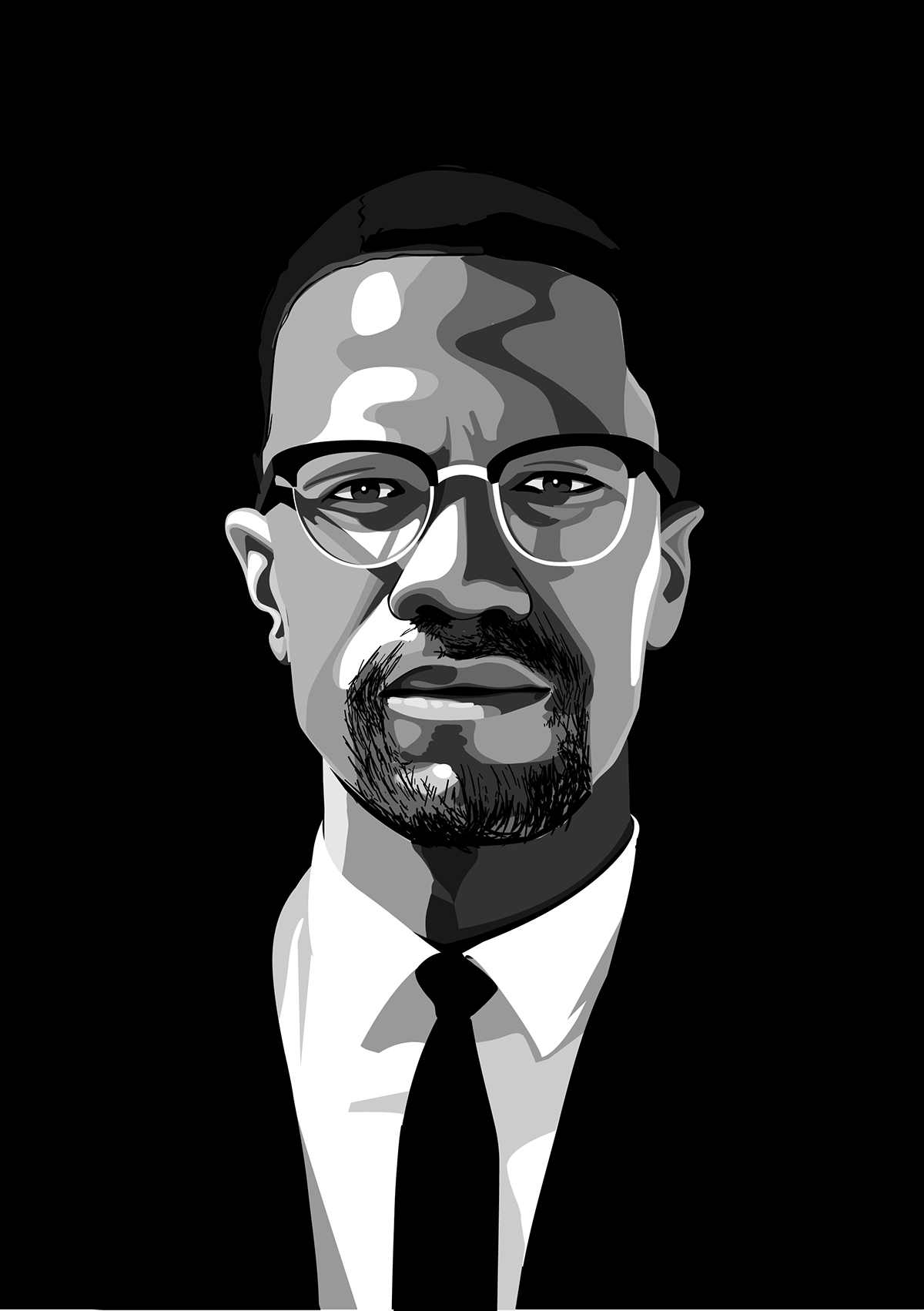English is one of the many languages that is not homogenous. It varies from culture, region, and ethnicity.
Cultural difference and influence are what makes humans unique and special. All stemming from different regions around the world, our style of clothing, the things we eat, and our language adapt to the elements around us.
With this in mind, there is a notion that African American Vernacular English (AAVE) somehow destroys the English language as far to say that it is inappropriate regardless of setting.
However, in a digital culture that’s consistently growing, AAVE is seen at the forefront of the way media agencies and companies communicate their advertising to their consumers.
https://www.youtube.com/watch?v=5dokRhm3vcQ
This video demonstrates how quick companies are to capitalize on terms yet not acknowledge the creator by any regards. The mom states “on fleek” which was a term created and made popular by Black Viner Kayla Newman in 2014. As of today, Kayla has yet to receive her coins.
The goal here isn’t necessarily to gate keep an entire multitude of lingo and terms made popular by black people, but to legitimize them as part of the way we talk while paying homage to its creators.
In Learning to Read by Civil Rights visionary and leader Malcolm X, he speaks on his frustration on not being able to convey his expression by literary means.

“In the street, I had been the most articulate hustler out there – I had commanded attention when I said something. But now, trying to write simple English, I not only wasn’t articulate, I wasn’t even functional. How would I sound writing in slang, the way I would say it, something such as, “Look, daddy, let me pull your coat about a cat, Elijah Muhammad”.
Mr.Malcolm has been regarded as one of the great leaders of his time by his methods, teachings and lifestyle, yet somehow he was still placed in a system where he believed the way he spoke was invalidated by the masses.
The masses in question however, were those who conformed to the Eurocentric way of life that seeks to discredit anything that wasn’t rooted in their culture. So, it isn’t necessarily that Mr. Malcolm felt like the way he spoke was wrong, it was the people that felt that way and specifically those of European descent.
The English language grows daily. New terms, phrases, and ideas are formed all the time. It is about time companies, media outlets and the sort show appreciation to the founders. By doing so, it creates a safe space for words to be used without seeming forced or used for alternative intents.
 You might be familiar with the movie version one of his more famous works: Arrival. The movie is based on Chiang’s short story titled “The Story of Your Life.” The plot centers around a linguistics professor named Louise Banks who is tasked with deciphering the complex language of aliens who have just arrived in Earth’s orbit. The story delves into ideas about cultural anthropology, the three “-grams”, and the paradigms of memory.
You might be familiar with the movie version one of his more famous works: Arrival. The movie is based on Chiang’s short story titled “The Story of Your Life.” The plot centers around a linguistics professor named Louise Banks who is tasked with deciphering the complex language of aliens who have just arrived in Earth’s orbit. The story delves into ideas about cultural anthropology, the three “-grams”, and the paradigms of memory.